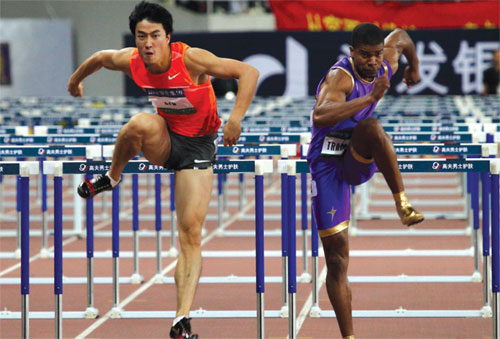Using sport to cultivate a stronger society
Updated: 2015-05-01 09:57
By Li Yang in Beijing(China Daily USA)
|
||||||||
|
The retirement of hurdler Liu Xiang has provoked debate about China's system of cultivating athletes. [Gao Erqiang / China Daily] |
Liu Xiang, China's best hurdler, retired from the track last month at 32 years of age. His 2004 Olympic gold medal was the first for China in a men's track and field event. But the void Liu left behind exposes the loopholes in the system of cultivating talented athletes in these disciplines in China.
Although the country won 51 gold medals at the 2008 Beijing Olympic Games, none came in field and track.
First of all, China lacks world-class coaches, who play an important role in scouting talented athletes and getting them to perform at their top potential based on the latest scientific training.
Liu was born in Shanghai and met an important coach at age 13 who suggested he switch over from the long jump to hurdles. Another coach helped transform him from a local champion into a world-record breaker.
Another legendary athlete from Shanghai is the high jumper Zhu Jianhua, who broke the world record three times from 1983 to 1984 and increased it from 2.35 meters to 2.39 m. At age 10 he met a coach who persuaded him to ditch table tennis and take up the high jump, which set the stage for him to reach heights no Asian had ever previously attained.
Science and technology are increasingly important in the training of athletes but many Chinese coaches still rely on their personal experience. They also depend on a training system borrowed from the former Soviet Union that was popular from the late 1950s and was revised in the 1980s.
Although the State-run sports school system, which also dates back to the 1950s, produces the most champions in China, it separates these athletes from regular society and the normal educational system at an early age. It would be better to reform the old system now and make sports and physical education an integral part of schooling. Then more children will have the opportunity to develop their interest in sports.
On the other hand, many athletes who graduate from professional sports schools have great difficulty earning a living after they retire from the State-run sports system in their late 20s, especially if they don't win any medals.
Merging sports schools with normal schools can solve these drawbacks. Moreover, good athletes are better role models for young people than celebrities in the entertainment world. They cultivate a healthier outlook on life and a healthy approach to tackling difficulties.
Sports officials should be assessed more on how they improve the public's health and fitness than on how many medals their athletes pocket.
The government should also provide more athletic playing fields for people to exercise in cities. These are an important product that Chinese cities lack.
Many playgrounds and stadiums in public schools are rented out to private property management companies, which then charge the public high prices.
Shanghai has the best sports facilities and infrastructure in China. According to its sports bureau, there are 1.72 square meters of athletic field per person on average. This is higher than the national level (1.45 sq m) but much lower than developed countries.
The central government vowed to increase the national average to 2 sq m by 2025 and mobilize private investors to participate in China's sports industry.
The government also needs to change its attitude. Sport is an investment in the national health that will generate myriad benefits in the future.
liyang@chinadaily.com.cn
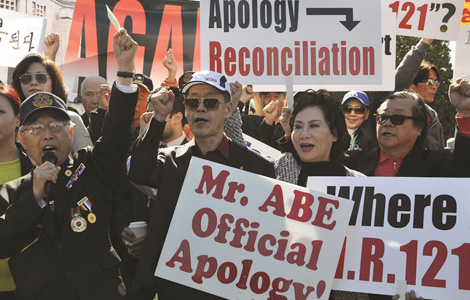
 Across America over the week (from April 24 to 30)
Across America over the week (from April 24 to 30)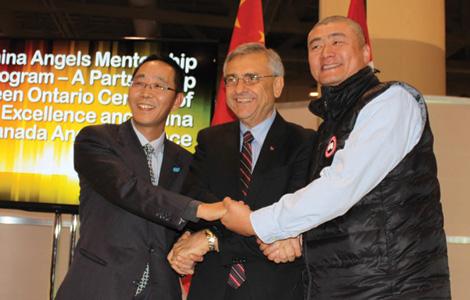
 Across Canada (May 1)
Across Canada (May 1)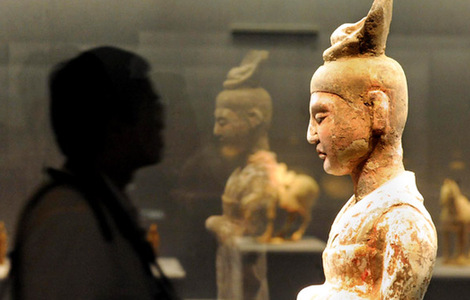
 China's top 10 GDP provinces in Q1
China's top 10 GDP provinces in Q1
 Photos capture marvelous landscapes of China
Photos capture marvelous landscapes of China
 Mass exodus from Kathmandu
Mass exodus from Kathmandu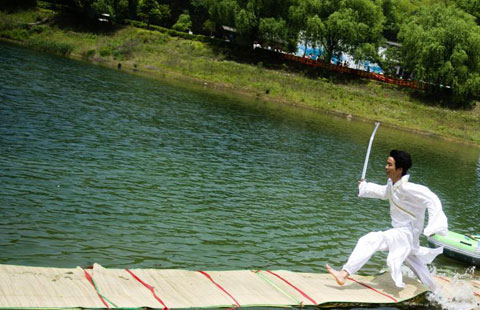
 Running on water: a nearly impossible feat
Running on water: a nearly impossible feat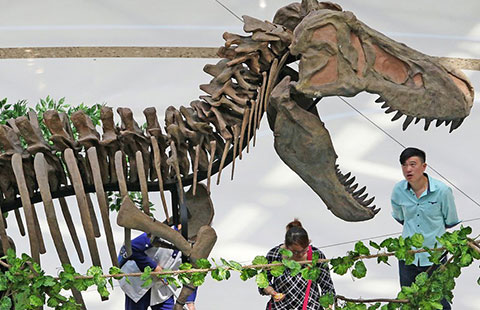
 Ten photos you don't wanna miss - April 30
Ten photos you don't wanna miss - April 30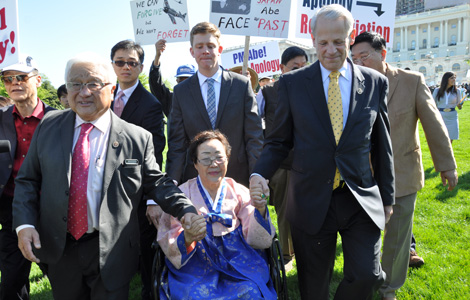
 'Comfort women' survivor attends protest of Japan PM
'Comfort women' survivor attends protest of Japan PM
Most Viewed
Editor's Picks

|

|

|

|

|

|
Today's Top News
Abe protests continue in SF
Abe betrays history's conscience
The 'nightmare' everyone saw coming
Vancouver property developer identified as Chinese fugitive: report
Freddie Gray tried to hurt himself in police van
China trainmakers seek control of Bombardier's rail unit
New rich set sights on tech, media and telecom sectors
US rapped for stance on Japan
US Weekly

|

|
